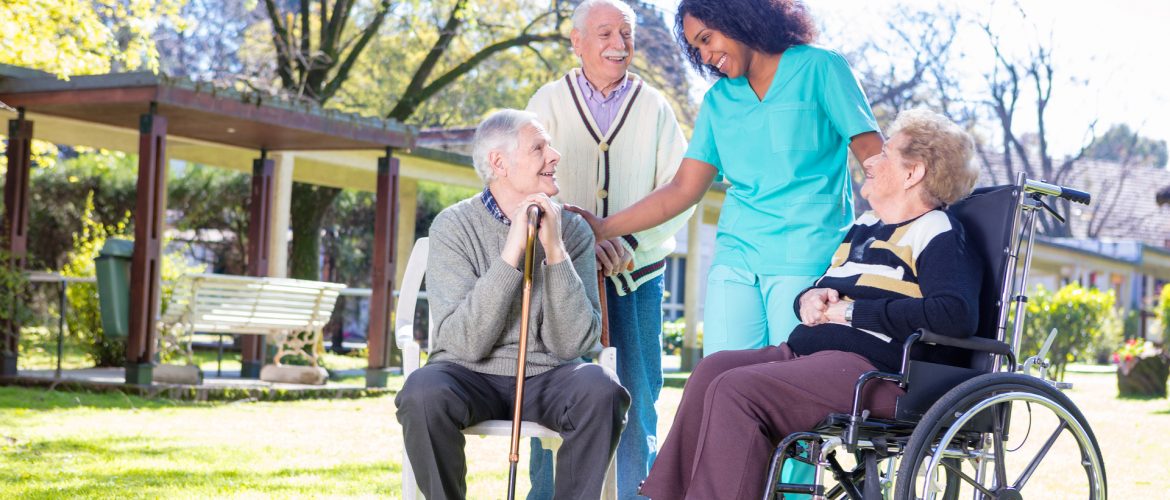Finding ways to help residents in long-term care facilities vote safely during the COVID-19 pandemic has been difficult, but almost impossible in the states of North Carolina and Louisiana. Those two states have enacted voter laws that make it a felony for staff members to even sign as a witness on an absentee ballot.
North Carolina has created Multi-Partisan Assistance Teams (MATs) that are appointed by county boards of elections to assist voters living in nursing homes, assisted living, and other facilities with completing the mail-in absentee voting process and other services. MATs are comprised of at least two people with different party affiliations or who are unaffiliated with each other.
One of those dedicated MAT members who visited multiple nursing homes and long-term care facilities over the fall after visitation regulations were eased, along with another MAT member, was determined to ensure that residents got to vote. She brought a rolling bag containing absentee ballots and ballot request forms which she would help residents complete, but her bag also was filled with boxes of face masks and shields, latex gloves, cleaning wipes, and sanitizer made by a local farm and distillery.
Although the process of helping residents involved careful planning and protective measures, MAT teams reported about how enthusiastically residents greeted them as if it was celebration. They not only wanted help with voting, but some women reportedly even asked for help with fixing their hair.
Compliance Perspective
The right to vote is guaranteed by the Constitution. Facilities may be allowed by state laws to assist residents in completing mail-in absentee ballots, if requested. This would ensure that each resident who is a registered voter and competent to vote is afforded that right. Failure to ensure that staff members providing this assistance do not express their personal political preferences and unduly influence that vote may be a violation of residents’ rights to be free from exploitation.
Discussion Points:
- Review policies and procedures regarding protocols for allowing staff members to assist residents with completing their absentee/mail-in election ballots.
- Train staff members regarding residents’ right to vote and to be free from exploitation in that process.
- Periodically perform audits by speaking with residents to ensure that staff members who help residents exercise their right to vote do not attempt to influence their votes.












































































